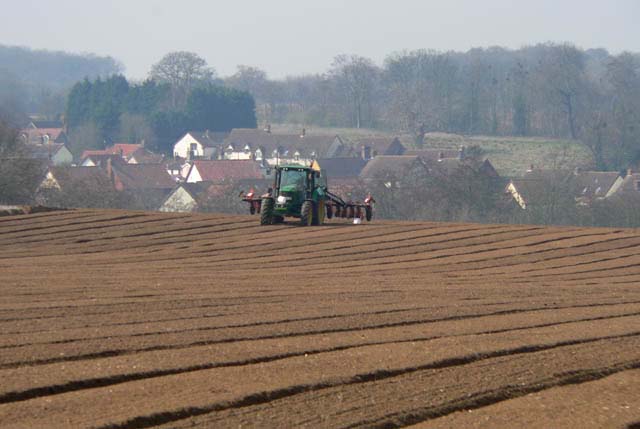
A recent survey from The Prince’s Countryside Fund released for National Countryside Week reveals consumers are supportive of farmers, yet know very little about the severe crisis affecting the countryside.
Following the brutal weather at the start of the year farmers are still counting the cost of losing livestock and reduced yields. A separate YouGov poll revealed that less than a quarter (22%) of the British public would describe the farming industry as in dire straits and facing the worst crisis since foot and mouth.
And only 5% correctly estimated that over 100,000 animals died as a result of the snow and other poor weather this year between January and April. National Countryside Week aims to raise awareness of the importance of the countryside to the UK and the serious issues facing our rural communities.
“We’re facing a silent crisis in the countryside. 1 in 4 farming households are living in poverty. Livestock farmers are struggling with reduced herds that will have a knock on effect for several seasons. Arable farmers are looking at a 30% reduction in crop yields. Farmers are seeing increased levels of indebtedness and the number of farmers quitting the profession is on the rise. 30 dairy farmers quit the industry in the month of April alone,” explains Prince’s Countryside Fund Trustee Lord Curry of Kirkharle.
“Summer might be in full flourish, but we need to remind people that farmers will be counting the costs of a brutal start to the year for some years to come.”
The YouGov poll also showed that the majority of the British public think a UK hill farmer earns more than they do, with 59% of the respondents thinking they earn more than double the average annual wage. The reality faced is significantly different. A recent report by Rose Regeneration and Oxfam cites that average annual salary for a hill farmer in County Durham is £12,600 with some earning much less, just £8,000 per year - considerably less than the UK minimum wage based on a full time salary.
Similarly only 1% of those surveyed correctly stated that the average age of a farmer was 58, with the average age from respondent estimates being 13 years younger at 45. With 60,000 new entrants required it is vital that young people are inspired to join the industry. Agriculture is at the heart of the British economy and approximately a £4.7 billion pound industry, and yet our survey tells us that 58% of respondents undervalued the income generated by the British agriculture industry in 2012, and a massive 25% of respondents said they didn’t know what agriculture contributes to the British economy.
With 24% of the population living in rural Britain, National Countryside Week gives us an opportunity to remind people of the value of the countryside and reflect on how we can protect it and support our farmers. The photos of the floods and devastating livestock losses may have disappeared from our screens, but the stark reality is the true cost of the crisis is still being counted.
However there are positive signs with 88% of the British public thinking it’s important to maintain and protect rural areas in Britain, and the majority of those currently living in London confirming that they would rather spend their time in the countryside and value the farmers who work tirelessly to maintain it. 81% think it’s important to buy British produce when possible as a way of showing support for the British farming industry.
